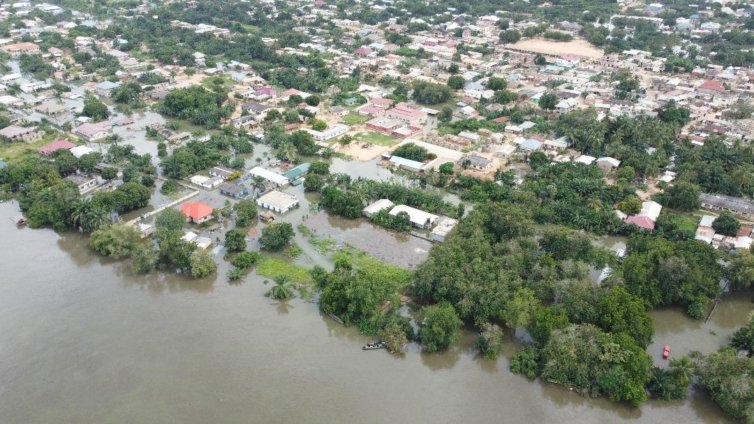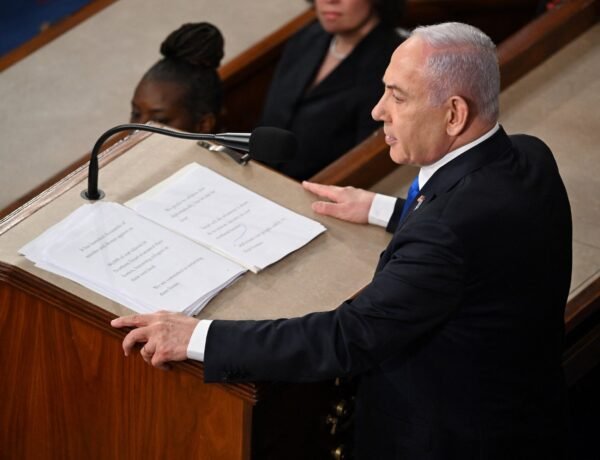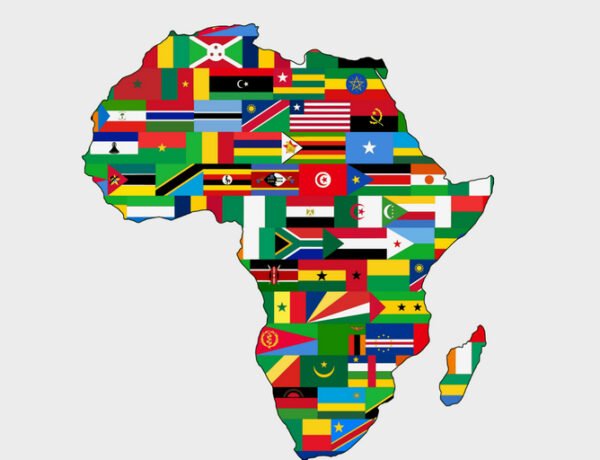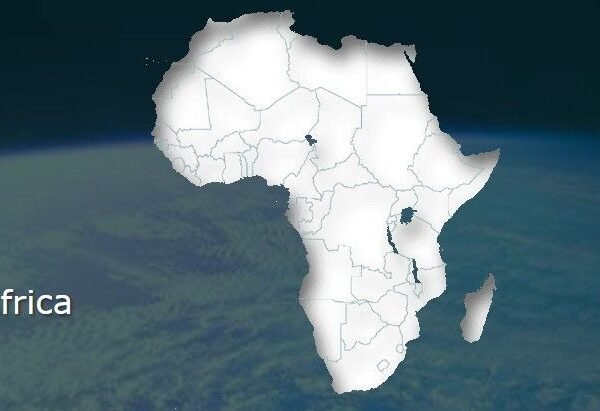Introduction
The flooding in the Volta region of Ghana is a testament that the country is struggling and fraying on many fronts, especially in governance. Whilst the calamity in the Volta region resembles similar cases in Libya and Morrocco where hundreds of human lives, properties including economic and social activities are devastated, it also exposes gross systemic inertia within government agencies particularly the Volta River Authority (VRA) whose negligence to duty had inflicted the ensuing human and societal miseries in the affected areas. Nevertheless, several factors are attributable to the floodings in Ghana, Libya and Morocco as espoused in the following.
Causes of floodings in Morocco. Libya and Ghana
Natural disasters -namely a 6.8 magnitude earthquake struck southern Morocco on September 8, 2023, wreaking widespread devastations to humanity, livestock and subsistence means of existence; and, similarly three days later a severe storm struck two poorly maintained Libyan dams to collapse, resulting in the massive flooding in and around the port city of Derna in Libya. Consequently, by September 19, 2023, The International Red Cross (IRC) has reported that 3,000 people had died in Morocco. Besides the extensive grief experienced among families and loss of socio-economic means of livelihood, poor health and limited access to relief and resources for subsistence is severely restricted or compromised; further exacerbating the worth and dignity of the victims, majority of whom are children and women as the weakest and vulnerable parties in these disasters. On the contrary, the World Health Organization (WHO) has also stated that nearly 4,000 people had died in Libya with over 46,000 people being displaced. Considering the incapacitation of Africa in the global scheme of responding to the negative effects of climate change and sustainable development, the floodings acutely undermines the United Nations’s SDGs and the Global Climate Change (GCC) efforts because states’ borders are contiguously linked to one another. Thus, the impact of the Moroccan, Libyan and Ghanaian floodings would adversely undercut the ecosystem and ecological structures of the entire region and by extension Europe and beyond. Moreover, the inertia grippling the political elites/clans within respective African states and across the region suggest that they are “allergic” to finding home-grown solutions to the continent’s unique challenges. The implications of such failings are the large-scale human catastrophes unfolding in the volta region of Ghana and parts of Africa. The best one could say about the crisis is that the Volta region is being washed into an oblivion.
Flooding the Volta region into oblivion
Tragically on October 15, 2023, the Volta River Authority (VRA) recklessly opened the gates of the Akosombo Dam to spill excess water in an attempt to protect the dam from overflowing its bank and to ensure continuous generation of hydro-electricity power to support the nation’s socio-economic programmes. Whilst this function of the VRA is a yearly activity guided by laid down protocols and procedures, it beats imagination that the spillage was done callously to wreak the ensuing catastrophes being witnessed in many parts of the Volta region and by extension parts of the Brong Ahafo and Eastern regions. Considering the reasons offered by the Ghana Government and its respective agencies that the affected communities were cautioned and warned to vacate their homes; the simple question which comes to mind is “where should the communities move to? In any serious-minded state governed by proficient leaders every effort would have been mobilised to create a safe haven to accommodate the people or in a worst situation evacuate them by force to safety before the spillage. Without any such human-centered strategies in place, the horrendous situations in which places like Ada, Adidome, Battor, Mafi, Mepe and Sogakope including parts of the Eastern and Brong Ahafo regions should be expected. Thus, there are over 8,000 people as displaced throughout the affected communities is not surprising. Coupled with the miseries engulfing the Volta region are life-threatening developments such as: decomposed dead-bodies in various mortuaries across the communities; breeding of mosquitoes; outbreak of dysentery and cholera among women, elderly and children; polluted sources of drinking water; lack of food supplies and restricted access to essential medical supplies. Although the generosity of Ghanaians, as evidenced in the myriad of donations of food staffs, medical supplies and equipment to provide some solace to the affected communities and also reclaim parts of the land for resettlement, the fact remains that the current leadership of the state suffers from a paralysis in governance.
A symptom of leadership Paralysis in Ghana
The flooding crises eviscerating the affected towns and communities in the Volta and by extension parts of the Brong Ahafo region manifestly indicate that Ghana is mired in a leadership paralysis. The demonstration of such leadership failures is displayed in the glaring socio-economic destitutions, persistent youth unemployment, imposition of absurd taxes and endemic corruption pervading all facets of government and society with little attempt or no decisive policy action to stymie them. Further, the popular view that Ghana is fraying because of leadership crisis at the hem of governance resonates strongly in the indifferent attitude and weak responses the state gave to those plagued by the man-made floods. Whereas these sordid events reinforce the leadership- paralysis debate on the national front, it is also the case that the entire continent of Africa is ensconced in leadership amnesia for which reason the peoples and resources of the continent are exploited on daily basis by foreign multinational companies and ably aided by most political elites infested by the “bacteria” of selfishness.
Conclusion
This blog concludes that as with the many challenges confronting the nation, Ghana, leadership paralysis reigns supreme. This is because the desire for power has taken possession of the political elites of the country and turned them into self-enclosures rather than an opening and altruistic agents determined to promote the good and development of the masses in whose stead power is entrusted as presidents, ministers. parliamentarians and city-mayors. The adverse culmination of all these is the visible depravation, despair and the human torments playing out across television-sets and plethora of social media handles at home and abroad.




